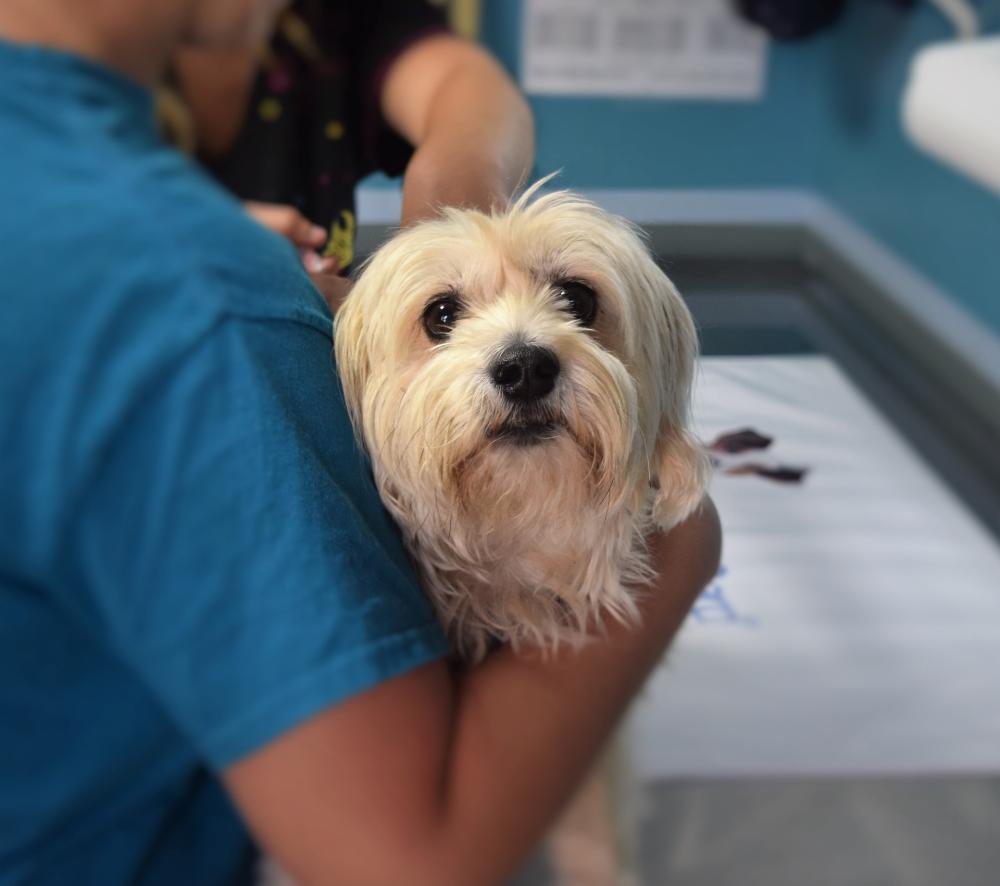
PRE-OPERATIVE ADVICE
If your pet has been booked in for a procedure or surgery, please follow the information below. This is to ensure that your pet can have the procedure conducted without delay on the day; and most importantly to ensure their safety whilst under sedation or general anaesthetic as required.
If you have any concerns or questions, please call the practice on 0121 733 1439
DOGS and CATS
- Feed as normal until MIDNIGHT the night before surgery.
- NO breakfast or treats to be given the morning of the procedure – this is to reduce the risk of your pet being sick when we induce anaesthesia.
- Water can be left down as normal overnight.
- Give medication as normal unless advised otherwise by your vet.
- Encourage them to go to the toilet prior to attending the surgery, to help make their stay more comfortable.
- As much as possible, ensure your pet is clean and dry – this reduces the risk of infection and helps us maintain your pets temperature during surgery and recovery.
-
Please bring your cat in a SECURE CARRIER, or dog ON A LEAD and do not let out until in a secure consultation room.
RABBITS and SMALL FURRIES (GUINEA PIGS, RATS, GERBILS, HAMSTERS etc)
- Feed your pet as normal – DO NOT STARVE THEM.
- Bring in as selection of your pets normal food and treats/favourite nibbles with you – this can help us get them eating after the procedure, aiding recovery.
- Give medication as normal unless advised otherwise by your vet.
-
Please bring your pet in a SECURE CARRIER and do not let out until in a secure consultation room.
REPTILES
- Keep your pet warm during transportation to the clinic.
- Feed your pet as normal – DO NOT STARVE THEM.
- Give medication as normal unless advised otherwise by your vet.
-
Please bring your pet in a SECURE CARRIER and do not let out until in a secure consultation room.
BIRDS
- Please transport your pet with minimal stress to the surgery. Keep noise and unnecessary movement to a minimum. You may find covering their cage with a blanket helpful.
- Keep your pet warm during transport to the surgery.
- Feed your pet as normal – DO NOT STARVE THEM.
- Give medication as normal unless advised otherwise by your vet.
- Please bring your pet in a SECURE CAGE and do not let out until in a secure consultation room.
